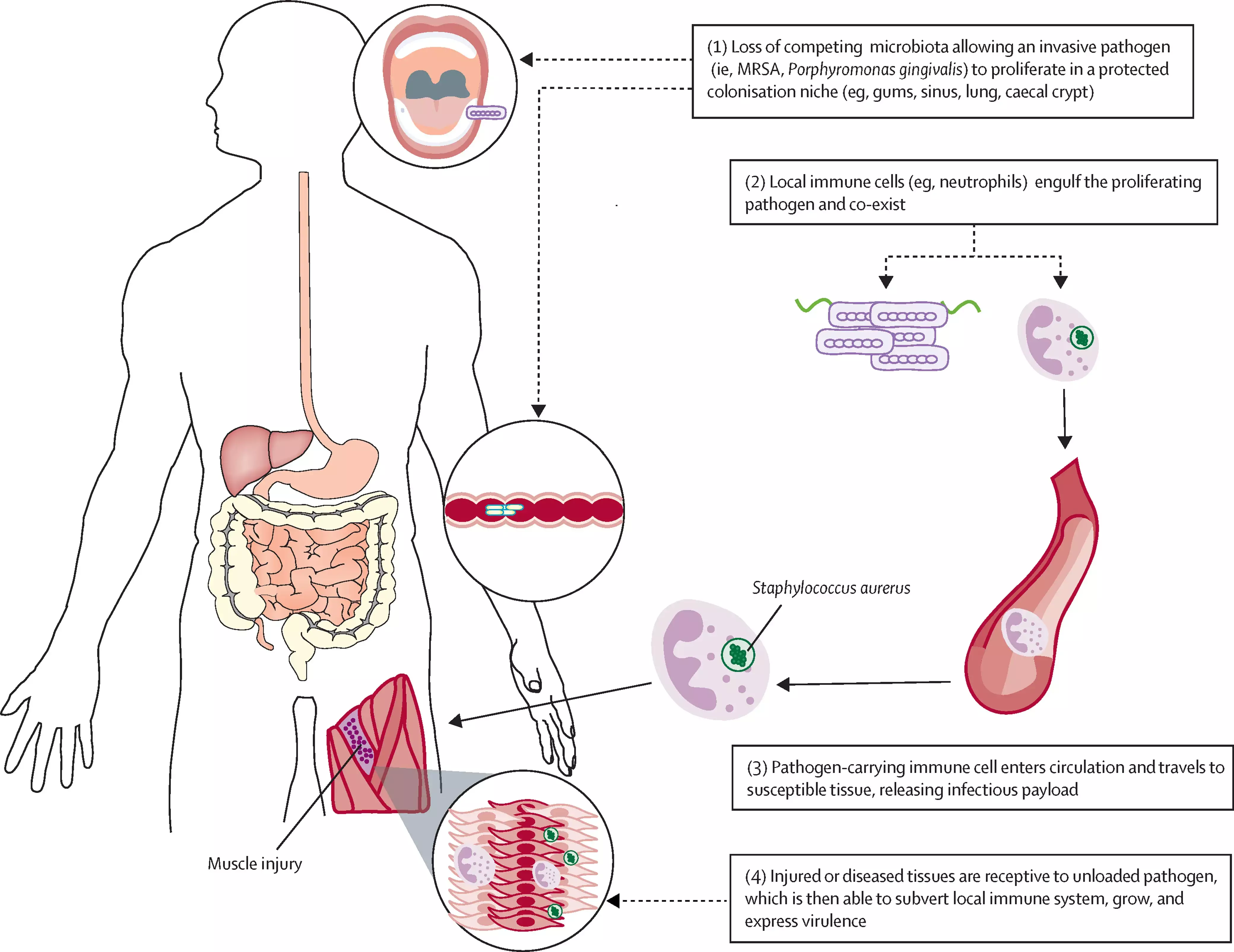- Home
- Medical news & Guidelines
- Anesthesiology
- Cardiology and CTVS
- Critical Care
- Dentistry
- Dermatology
- Diabetes and Endocrinology
- ENT
- Gastroenterology
- Medicine
- Nephrology
- Neurology
- Obstretics-Gynaecology
- Oncology
- Ophthalmology
- Orthopaedics
- Pediatrics-Neonatology
- Psychiatry
- Pulmonology
- Radiology
- Surgery
- Urology
- Laboratory Medicine
- Diet
- Nursing
- Paramedical
- Physiotherapy
- Health news
- Fact Check
- Bone Health Fact Check
- Brain Health Fact Check
- Cancer Related Fact Check
- Child Care Fact Check
- Dental and oral health fact check
- Diabetes and metabolic health fact check
- Diet and Nutrition Fact Check
- Eye and ENT Care Fact Check
- Fitness fact check
- Gut health fact check
- Heart health fact check
- Kidney health fact check
- Medical education fact check
- Men's health fact check
- Respiratory fact check
- Skin and hair care fact check
- Vaccine and Immunization fact check
- Women's health fact check
- AYUSH
- State News
- Andaman and Nicobar Islands
- Andhra Pradesh
- Arunachal Pradesh
- Assam
- Bihar
- Chandigarh
- Chattisgarh
- Dadra and Nagar Haveli
- Daman and Diu
- Delhi
- Goa
- Gujarat
- Haryana
- Himachal Pradesh
- Jammu & Kashmir
- Jharkhand
- Karnataka
- Kerala
- Ladakh
- Lakshadweep
- Madhya Pradesh
- Maharashtra
- Manipur
- Meghalaya
- Mizoram
- Nagaland
- Odisha
- Puducherry
- Punjab
- Rajasthan
- Sikkim
- Tamil Nadu
- Telangana
- Tripura
- Uttar Pradesh
- Uttrakhand
- West Bengal
- Medical Education
- Industry
What are risk factors for surgical site infection after colorectal cancer surgery?

Researchers have found in a new study that higher BMI levels, the presence of diabetes, open surgical procedures, longer surgical duration, and the presence of colostomy/ileostomy were associated with surgical site infections after colorectal cancer surgery.
Colorectal cancer (CRC) patients undergoing surgery are at a high risk of developing surgical site infections (SSIs), which contribute to increased morbidity, prolonged hospitalization, and escalated healthcare costs. Understanding the incidence, risk factors, and impact of SSIs is crucial for effective preventive strategies and improved patient outcomes.
This retrospective study analyzed data from 431 CRC patients who underwent surgery at Huangshan Shoukang Hospital between 2014 and 2022. The clinical characteristics and demographic information were collected. The incidence and impact of SSIs were evaluated, and independent risk factors associated with SSIs were identified using multivariable logistic regresison. A nomogram plot was constructed to predict the likelihood of SSIs occurrence.
Results
The overall incidence rate of SSIs was 7.65% (33/431). Patients with SSIs had significantly longer hospital stays and higher healthcare costs. Risk factors for SSIs included elevated Body Mass Index (BMI) levels (odds ratio, 1.12; 95% CI, 1.02—1.23; P = 0.017), the presence of diabetes (odds ratio, 3.88; 95% CI, 1.42 – 9.48; P = 0.01), as well as specific surgical factors such as open surgical procedures (odds ratio, 2.39; 95% CI [1.09; 5.02]; P = 0.031), longer surgical duration (odds ratio, 1.36; 95% CI [1.01; 1.84]; P = 0.046), and the presence of a colostomy/ileostomy (odds ratio, 3.17; 95% CI [1.53; 6.62]; P = 0.002). Utilizing multivariable regression analysis, which encompassed factors such as open surgical procedures, the presence of diabetes and colostomy/ileostom, the nomogram plot functions as a visual aid in estimating the individual risk of SSIs for patients.
Risk factors for SSIs included higher BMI levels, the presence of diabetes, open surgical procedures, longer surgical duration, and the presence of colostomy/ileostomy. The nomogram plot serves as a valuable tool for risk assessment and clinical decision-making.
Reference:
Han, C., Chen, W., Ye, XL. et al. Risk factors analysis of surgical site infections in postoperative colorectal cancer: a nine-year retrospective study. BMC Surg 23, 320 (2023). https://doi.org/10.1186/s12893-023-02231-z
Keywords:
Han, C., Chen, W., Ye, XL, Risk, factors, analysis, surgical site, infections, postoperative, colorectal cancer, a nine-year, retrospective study, BMC Surgery
Dr. Shravani Dali has completed her BDS from Pravara institute of medical sciences, loni. Following which she extensively worked in the healthcare sector for 2+ years. She has been actively involved in writing blogs in field of health and wellness. Currently she is pursuing her Masters of public health-health administration from Tata institute of social sciences. She can be contacted at editorial@medicaldialogues.in.
Dr Kamal Kant Kohli-MBBS, DTCD- a chest specialist with more than 30 years of practice and a flair for writing clinical articles, Dr Kamal Kant Kohli joined Medical Dialogues as a Chief Editor of Medical News. Besides writing articles, as an editor, he proofreads and verifies all the medical content published on Medical Dialogues including those coming from journals, studies,medical conferences,guidelines etc. Email: drkohli@medicaldialogues.in. Contact no. 011-43720751


